
By Dr. Maulana Karenga — The recent hearing in the House of Representatives on reparations marks an important step on the long struggle for justice for Black people and accountability…
Here you will find reparation news, articles and media posts

By Dr. Maulana Karenga — The recent hearing in the House of Representatives on reparations marks an important step on the long struggle for justice for Black people and accountability…
06/24/19 Vantage Point Radio with host Dr. Ron Daniels. Topic: Report Back From Juneteenth Reparations Day Historic Hearing and Forum on HR-40 – Open Forum with Listeners. Guest: Congresswoman Sheila Jackson Lee, Lead Sponsor, HR-40, Houston, TX
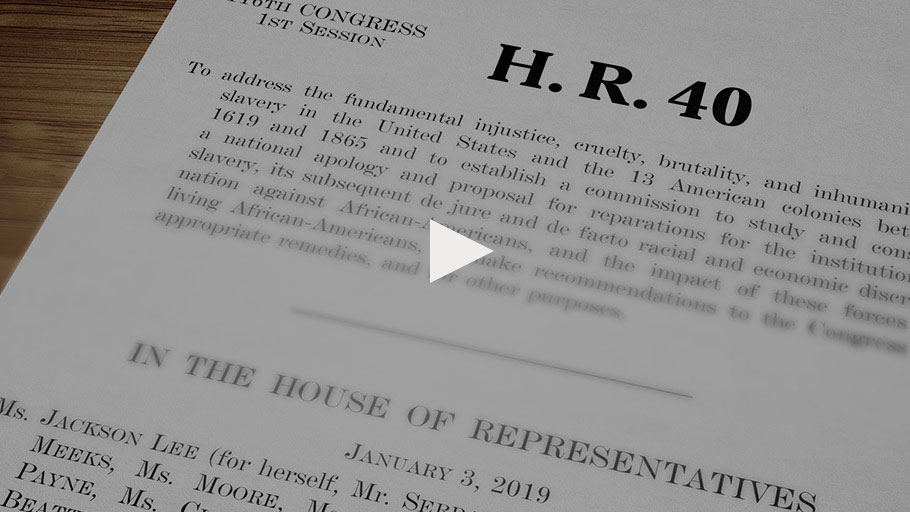
June 19, 2019, Washington, DC — The National African American Reparations Commission and The American Civil Liberties Union present a national forum: Healing and Reconciliation, HR-40 and the Promise of Reparations for African Americans. Panelists and speakers to include…
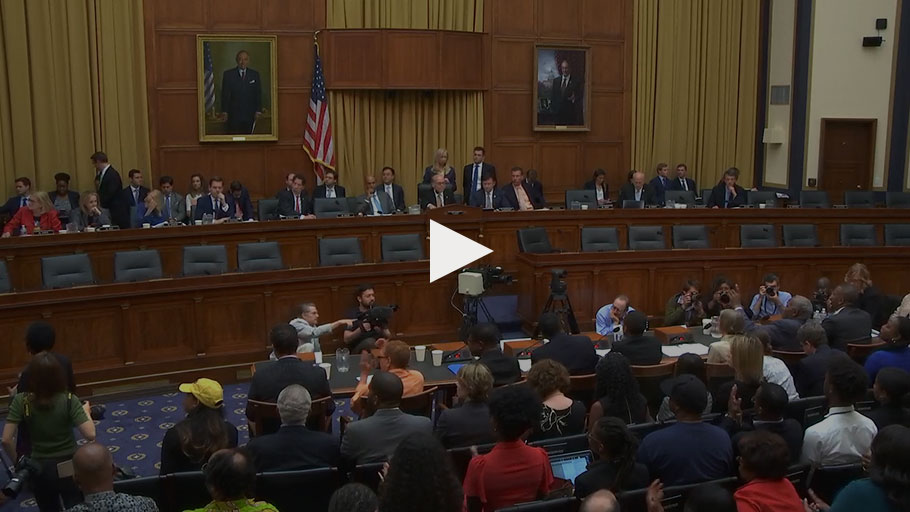
Full Video: Washington, DC — On June 19, 2019 (Juneteenth), the House Judiciary Subcommittee on the Constitution, Civil Rights, and Civil Liberties held a hearing on H.R. 40, the Commission to Study and Develop Reparation Proposals for African-Americans Act. The purpose of the hearing was to examine, through open and constructive discourse, the legacy of the trans-Atlantic slave trade, its continuing impact on the community and the path to restorative justice.…
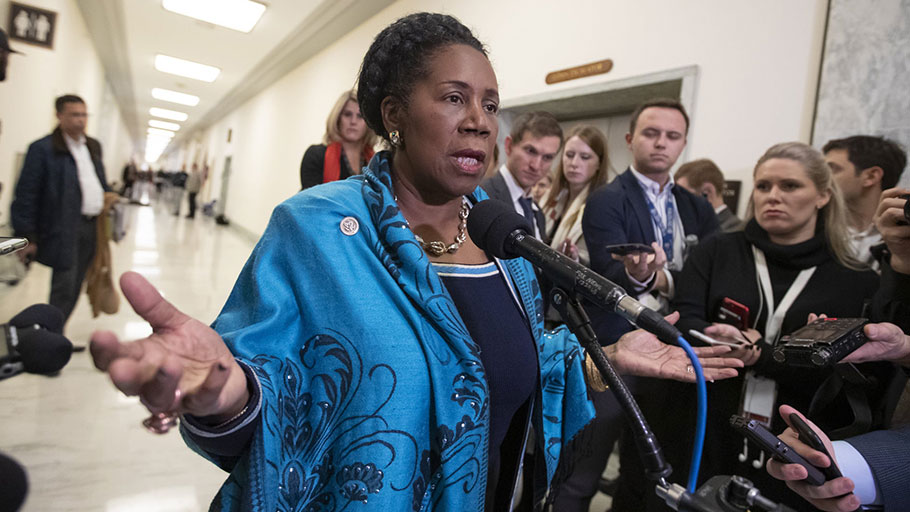
Originally published 6.19.19 by The Takeaway, WNYC Studios — On this Juneteenth, or June 19, we celebrate the end of slavery in the United States 154 years ago. Members of Congress chose this symbolic day to hold hearings on a reparations bill. The bill, if it passes, will establish a commission to determine whether — and if so, how — the US government owes anything to the descendants of enslaved people. To…
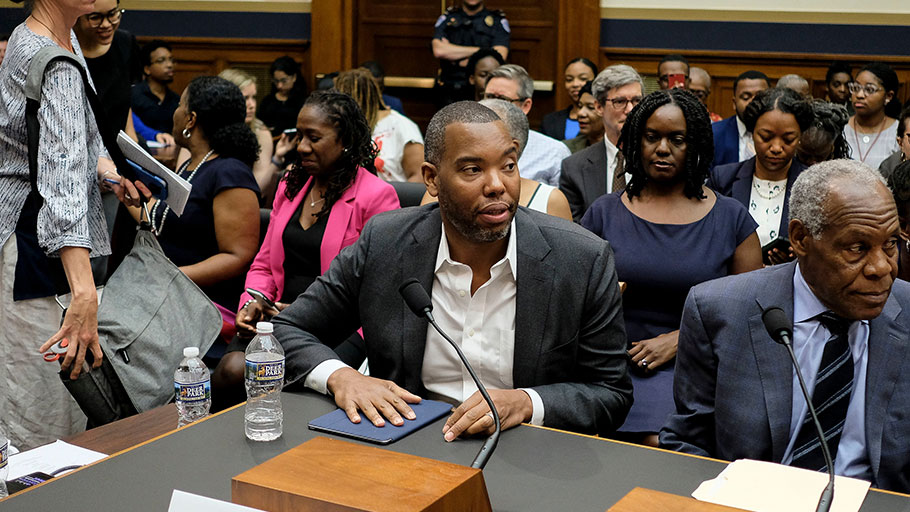
By The New York Times — The writer argued that African-Americans were exploited by nearly every American institution, before and after slavery ended. Ta-Nehisi Coates, whose 2014 article “The Case for Reparations” in The Atlantic rekindled the…
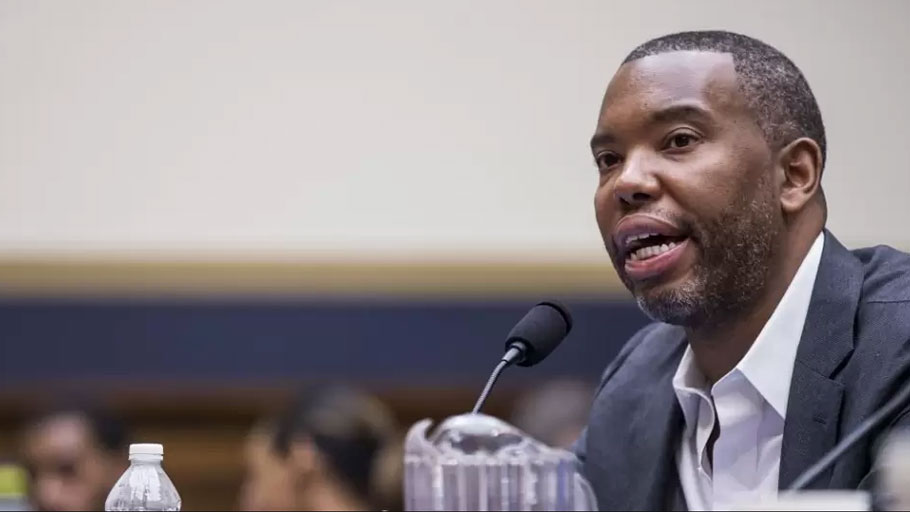
By Peter Birkenhead — How can it be that, in 2019, writer Ta-Nehisi Coates was forced to give testimony in front of the House Judiciary Committeethat sounded like it could have…
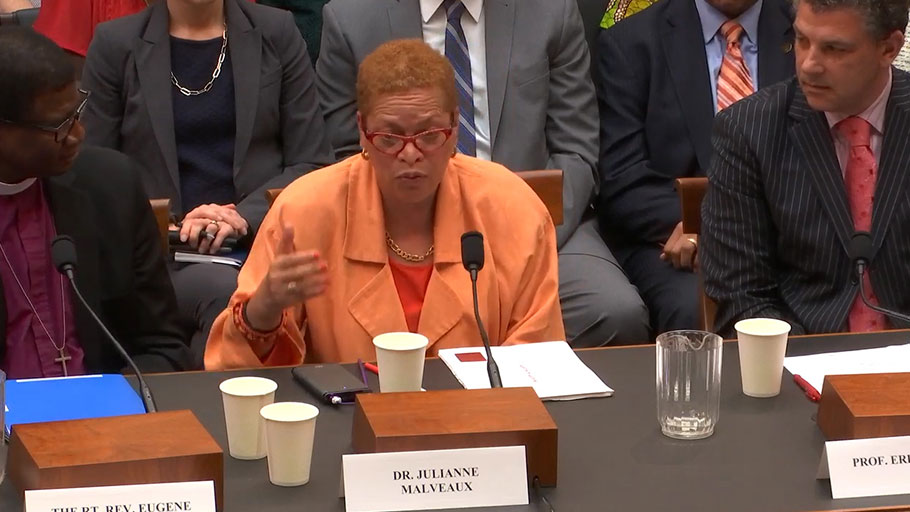
By Lauren Victoria Burke — “These are the vestiges of enslavement that people don’t want to deal with,” said Dr. Julianne Malveaux, the former President of Bennett College. Malveaux testified…
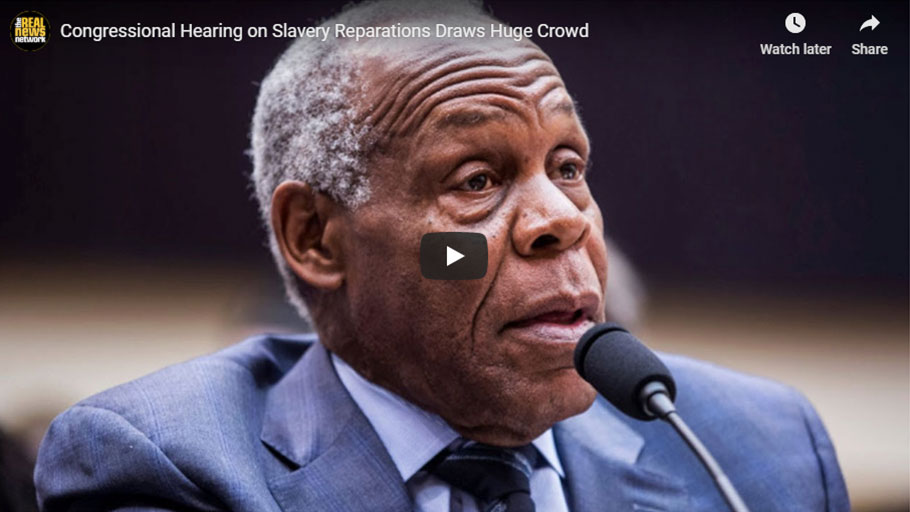
The Real News Network — Large and passionate crowds gathered to witness historians, economists, academics, and politicians testify for the first time in nearly a dozen years on H.R. 40, the landmark House bill to…
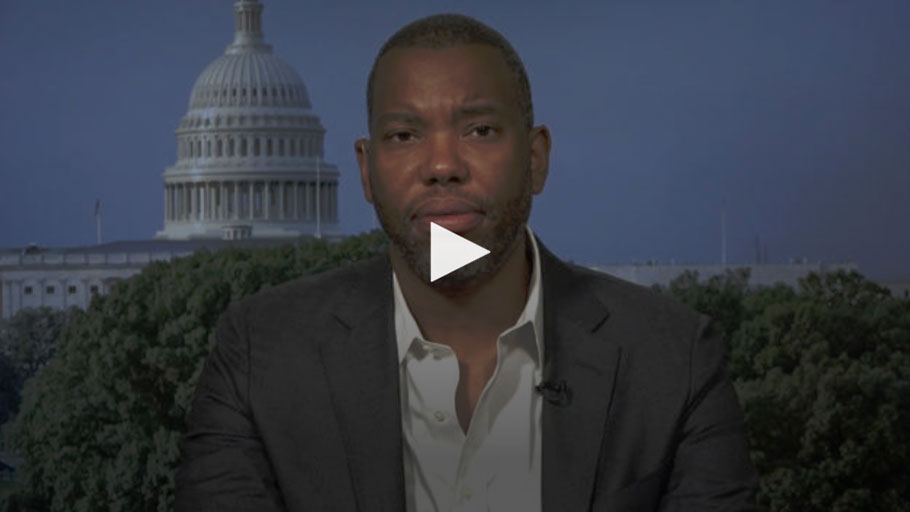
By Amy Goodman & Nermeen Shaikh — On the heels of Wednesday’s historic hearing on reparations, we speak with renowned writer Ta-Nehisi Coates on the lasting legacy of American slavery,…
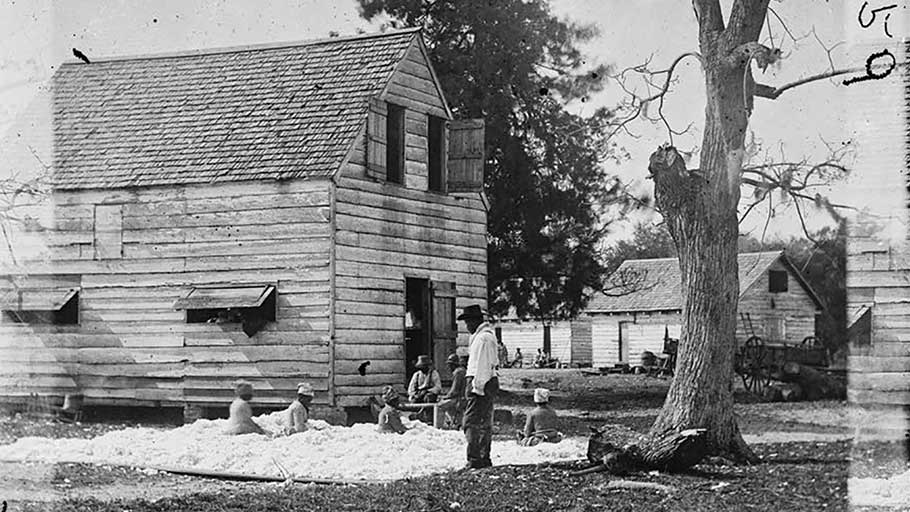
By Katherine Franke — A bill calling for the federal government to “study and consider” how to provide reparations to African Americans for slavery has been introduced into every session of the US Congress for the last thirty years. The bill’s aim is “to address the fundamental injustice, cruelty, brutality, and inhumanity of slavery in the United States and the thirteen American colonies between 1619 and 1865.” Representative John Conyers, the primary sponsor of the…
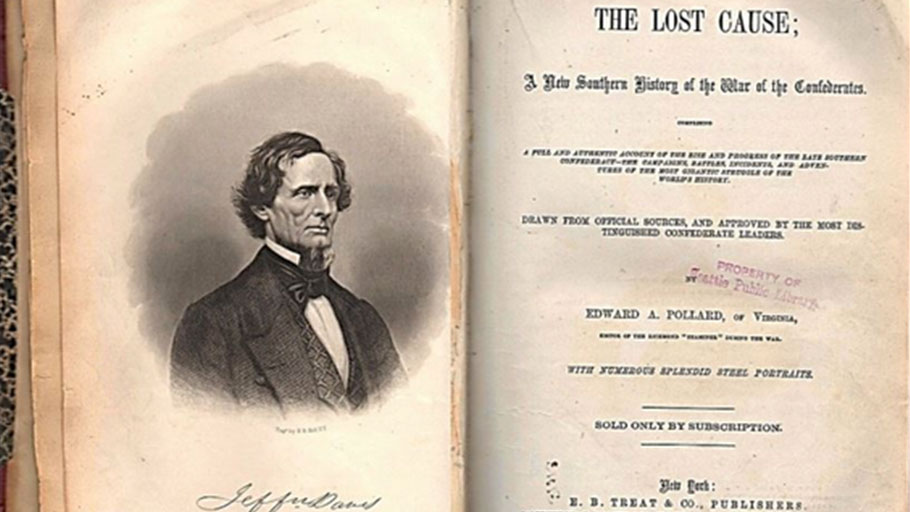
By M. Andrew Holowchak — The two most significant issues that led to war between the North and South were, most scholars acknowledge, slavery and states’ rights. Northern states had…